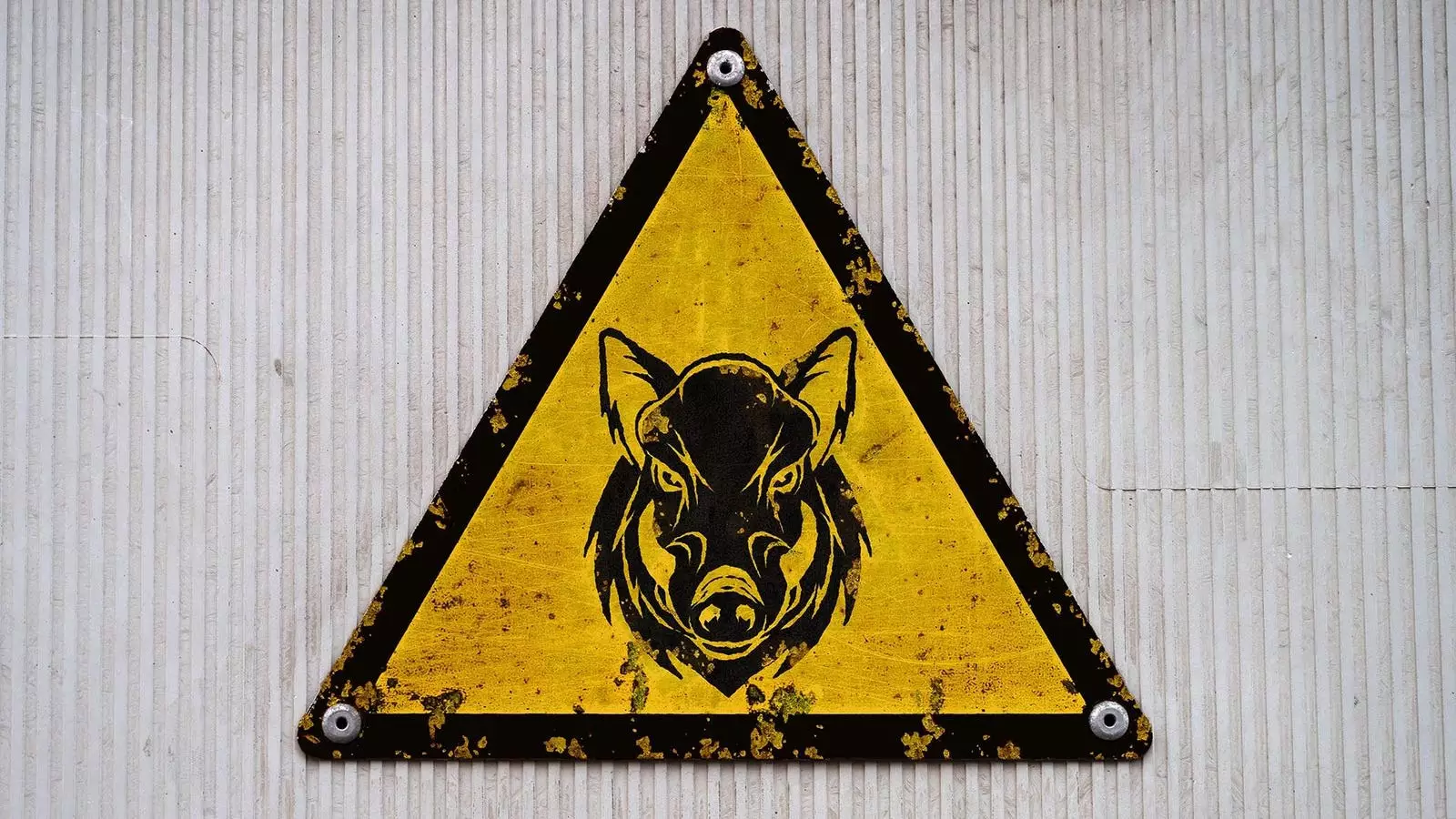In recent years, Boar’s Head, the prominent American deli meat brand, has faced a series of alarming claims regarding workplace practices that call into question not just its corporate ethics, but also its commitment to diversity and employee welfare. With several lawsuits surfacing that allege sexual harassment, racial discrimination, and unfair treatment of disabled employees, the company’s reputation faces significant challenges. This article aims to critically analyze these allegations and their implications for the broader food industry.
The allegations against Boar’s Head are not merely anecdotal; they encompass a range of serious legal claims. A 2019 lawsuit brought forth by employees at the Groveport, Ohio distribution center outlined a troubling environment characterized by egregious racial bias. Black employees reportedly faced systemic barriers to advancement, which raises substantial concerns about the company’s promotion policies and corporate culture. Such claims suggest an entrenched systemic issue within the organization that could resonate throughout the industry, reflecting a broader problem of inequality in the workplace.
Additionally, allegations of vulgar and inappropriate behavior in the workplace further taint the company’s image. Reports of managers engaging in crude discussions about sexual activities, including the premise of bestiality, paint a grim picture of workplace culture—one that prioritizes disrespect over professionalism. Such behavior can lead to a toxic work environment, affecting not only morale but also productivity. The implications of such an environment stretch far beyond the walls of Boar’s Head, possibly influencing industry standards if left unaddressed.
The treatment of employees with disabilities reveals another area of concern within Boar’s Head’s operational practices. Allegations that two disabled women were terminated while recuperating in the hospital, subsequently leaving them without health insurance or means to cover medical expenses, highlight a significant disregard for employee welfare. This raises critical questions about the company’s compliance with disability rights legislation and its genuine commitment to accommodating all employees.
The ramifications of these actions extend beyond the individual cases cited. They reflect a troubling trend in corporate America, where companies may prioritize profit over people, often leaving vulnerable employees unsupported. Such practices not only harm individuals but could also erode public trust in large corporations, negatively impacting their consumer base.
Boar’s Head’s Denial and Future Considerations
In response to these allegations, Boar’s Head has dismissed the claims as “unsubstantiated,” emphasizing the importance of due process and the presumption of innocence. However, the persistence of these lawsuits suggests that many employees feel compelled to speak out against unethical practices. This speaks to a larger societal shift, where employees are more willing to confront workplace injustices.
Going forward, Boar’s Head must not only address these allegations transparently but also implement tangible reforms to foster an inclusive and respectful workplace. The necessity for change resonates with a broader movement within the food industry that emphasizes ethical treatment of all individuals, regardless of race, gender, or ability.
The unfolding drama surrounding Boar’s Head serves as a cautionary tale for companies in the food sector and beyond. As consumers become increasingly aware of corporate ethics and employee treatment, companies must prioritize respectful and fair workplace practices. Boar’s Head’s ongoing challenges highlight the need for systemic reform that ensures equality and dignity for all employees in the modern workforce. Through scrutiny and accountability, the industry can move toward a more equitable future for everyone involved.


Leave a Reply